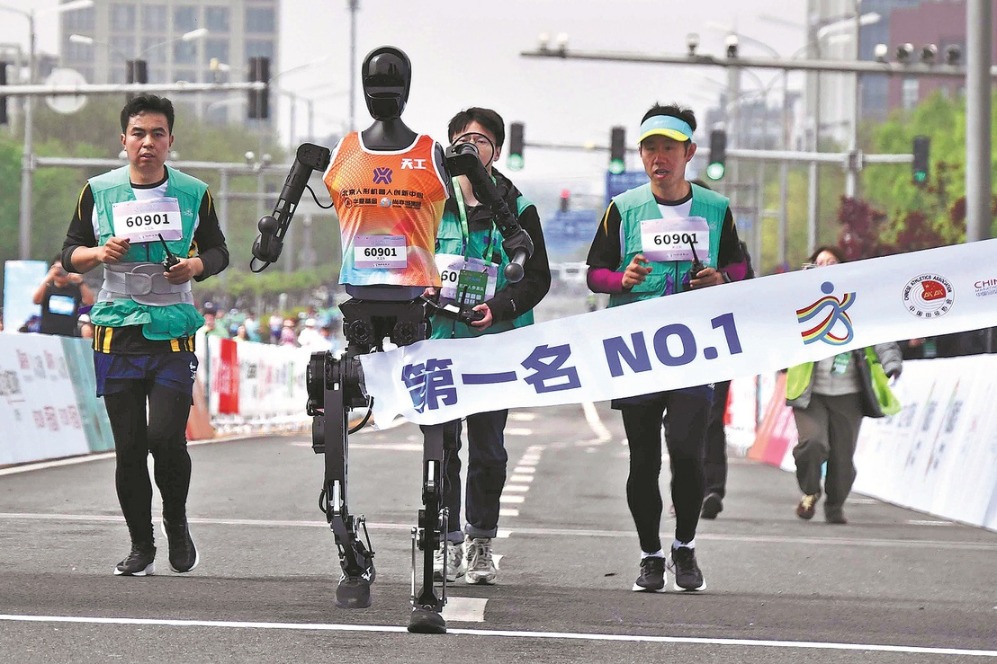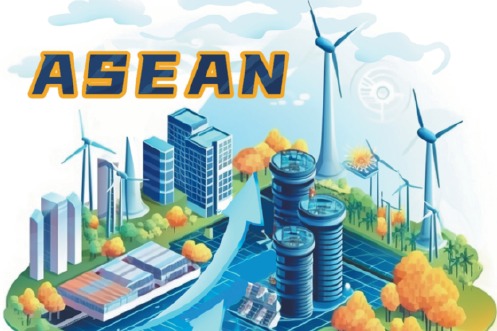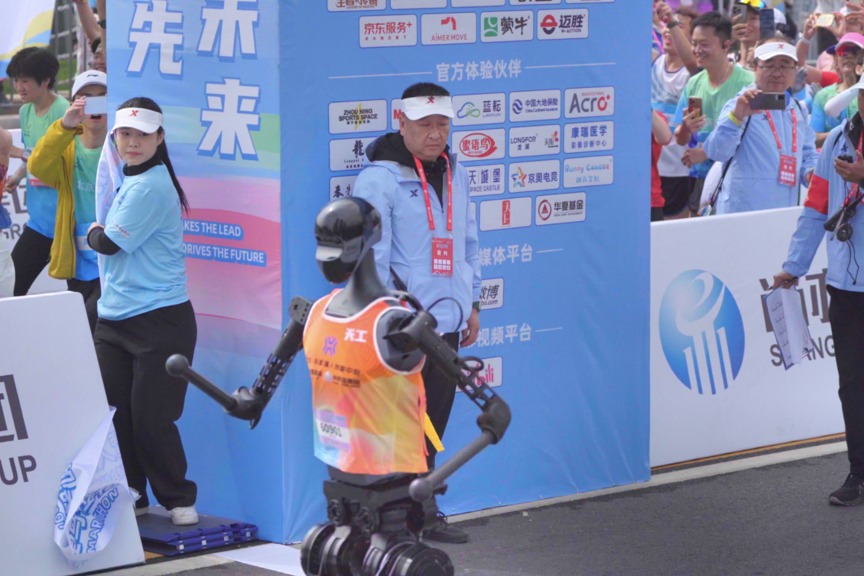Driverless technology in Europe up against legislative obstacles

The ability to deliver goods without the need of a human driver will greatly alter the economics of how we connect our world. From wholesale international shipments to gig economy door to door deliveries, revolutionizing the pivotal industry of supply chain and logistics will have huge future significance for societies.
The rewards of excelling in an industry which underpins future national infrastructure are hard to ignore on paper. Many countries and corporations across the world are therefore urgently applying the promises of AI and machine learning, to make this application for driverless technology a reality. However, replacing a driving machine as good as the human brain has not proven to be easy, safe, or an idea readily accepted by society. It is due to this tentativeness that the final goal of mainstream driverless delivery technology varies wildly in progress across the world.
Despite the bilateral damaging effects of the trade friction saga, surprisingly the most promising progress comes from joint Sino-US projects. Internet giant Baidu, with a voracious appetite for AI development, has entered a partnership with West Coast-based autonomous delivery start-up Udelv. The plan this year is to offer self driving delivery services to large American retailers such as Walmart, as soon as February. Progress is on track and has numerous benefits for e-commerce supply chain efficiency.
"Udelv's next generation autonomous delivery van is a prime example of Apollo accelerating innovation and utility in the autonomous driving industry," said Wang Jingao, senior director of Baidu and head of the Apollo project, named after the software created to power vehicle navigation. According to Jingao, the Apollo software version 3.5 will be the first open source driverless vehicle platform that can confidently deal with complex real world situations.
The scope for progressive projects such as these enable companies regardless of size to develop future autonomous driving systems. The very nature of such collaboration projects also highlights the functional relationship between Chinese and US research organizations, despite the fluctuating political climate.
Elsewhere in the world, endemic driverless delivery technology is some time away. The United Nations Vienna Convention on Road Traffic is an international treaty which many countries have ratified into their legislation structure. A fundamental principle of the Convention is that the driver should always be in full control and responsible for the behavior of a vehicle in traffic. This is inevitably at odds with the advent of AI-based collision avoidance systems and autonomous driving software, causing reservation from both the general public and regulators alike.
Many tech savvy European nations who are signatories to the Treaty, such as Great Britain, France and Germany, have found huge red tape issues in implementing the technology due to this reason. Subscribers to the Convention will need to agree on terms for a new more flexible UN agreement in order to adhere to international protocol. This hampers research progress and as such, European countries are not currently in the race for first place to the driverless delivery market in the same way China and the US are (both are not part of the UN Convention).
Despite the legal setbacks, organizations in the 36 countries which are subject to this treaty are not stopping short from lack of trying. In order to carry out activities compatible with the Convention, researchers will need to accommodate the concept that an autonomous machine can take over the functions of a driver. In Europe, despite the legislative holdbacks, Volkswagen unveiled a concept car at last year's Geneva Motor Show, showcasing their future ambitions in the sector. Audi has also managed steps forward, with the manufacturer's flagship A8 model approved for street driving in Europe. The model boasts autonomous driving features capable up to 37mph. The controversial feature, is a product of Audi hiring a former Tesla Autopilot manager as CTO of Audi's self driving tech subsidiary, showcasing the level of manoeuvring necessary for the innovation to take shape in Europe.
The autonomous driving technology in Europe is managing to make some progress, despite legislative strains. However no large scale delivery trials involving vehicles larger than a cat are currently underway. With the correct approach to UN Convention and the right type of collaboration, many countries around the world will soon be able to follow through the same technological leaps that China and the US are currently undertaking.
































